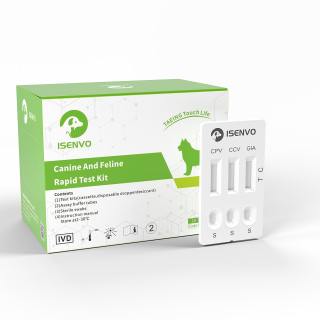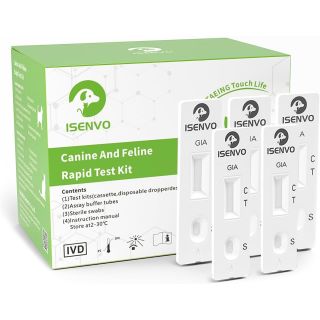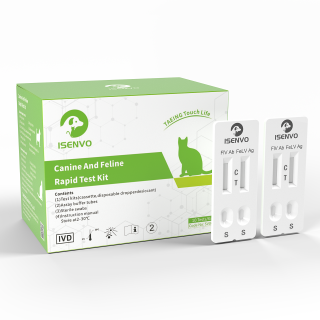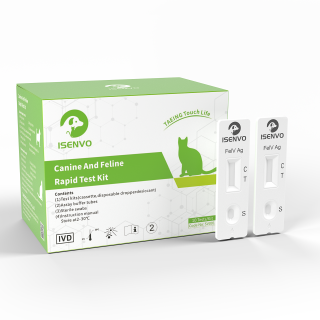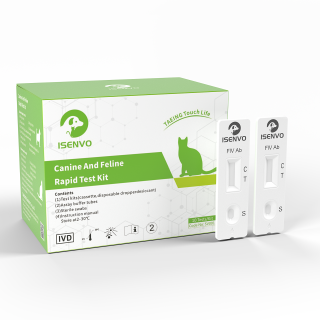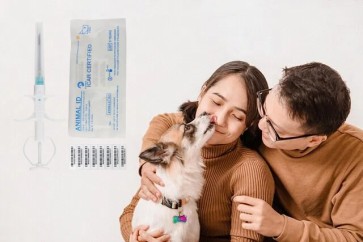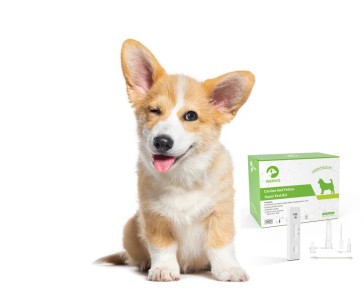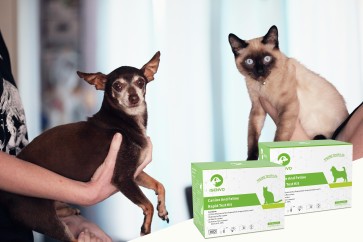If your cats and dogs have these symptoms, it means that they have worms in their bodies!

Symptoms of worms in the body:
- If your dog is particularly good at eating, but does not gain weight, but becomes thinner and thinner, it is because the parasites in the intestines absorb most of the nutrients that the dog eats. As a result, the dog itself cannot absorb nutrients, so it eats dry but does not gain weight, has a poor appetite, loses weight, and has slow development.
- Frequent licking and rubbing of the buttocks (this situation may also be a problem with the anal glands): vomiting, diarrhea, constipation or diarrhea, abdominal pain, and increased abdominal circumference.
- When parasites parasitize in the intestines, when there are too many, they will irritate the stomach and intestines. Cause stomach and intestine discomfort, and then induce vomiting reactions. In particularly severe cases, the worms will be vomited directly
Symptoms of external worms:
- The dog always scratches, rubs, licks or bites a part of the body with its claws, or rubs on the ground: This may be scabies, fleas, lice, or ear mites!
- Sudden change in personality, irritability. Weight loss: loss of appetite, lack of energy. Abnormal hair loss.
- Large rash or red spots on a certain part of the skin. Or scabies after scratching.
- Check the ears and find brown dirt and smelly ears.
- Sometimes the owner feels severe pain and itching, which may also be caused by parasites on the pet.
- Scabs and pustules appear on the body, and even hair loss. These are most likely infected with scabies!
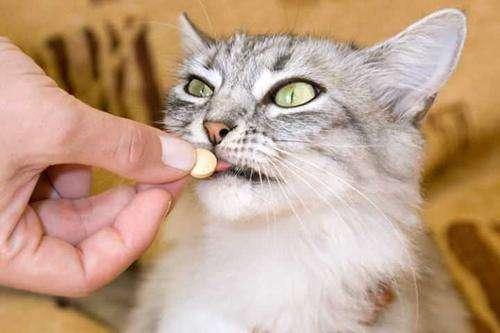
Internal deworming time:
- Puppies usually do internal deworming for the first time around the full moon.
- Puppies before 6 months old. Deworm once every month.
- Puppies after 6 months and adult dogs, deworm once every 3 months.
- If eating raw bones and meat. Deworming must be done every month.
External deworming time:
- Summer: once a month Autumn and winter: 2 months
- External deworming needs to be separated from bathing by one week. Because external deworming spreads to all parts of the body through the oil of the skin. The skin that has just taken a bath has little oil secretion, which will affect the deworming effect.
What should be paid attention to before and after deworming?
- There should be a one-week interval between deworming and vaccination
- Deworming can only be done when the pet is in a healthy state. If the fur child has a cold or is uncomfortable, do not deworm for the time being.
- It is not recommended to take a bath within one week of deworming. The oil on the skin helps the deworming medicine to spread.
- If there are symptoms such as vomiting and diarrhea after deworming, go to the hospital in time. It is generally not recommended to deworm pets during pregnancy or lactation. If there are parasites, you can take medicine according to the doctor's advice.
- After feeding the internal deworming medicine, pay attention to the pet's reaction and fast for a period of time.





